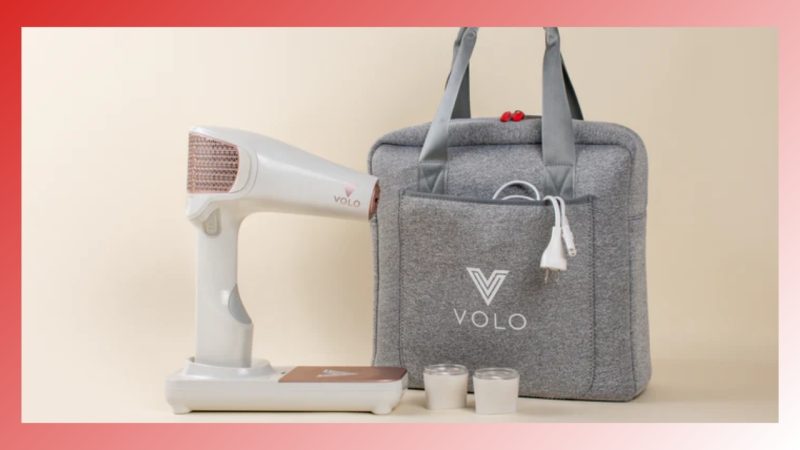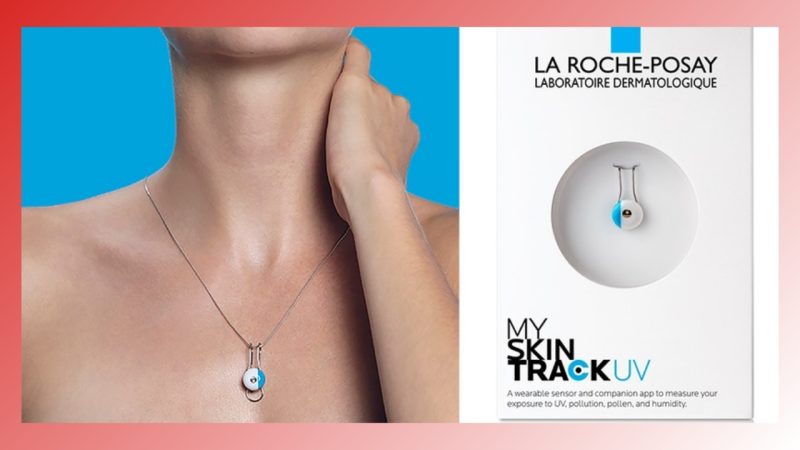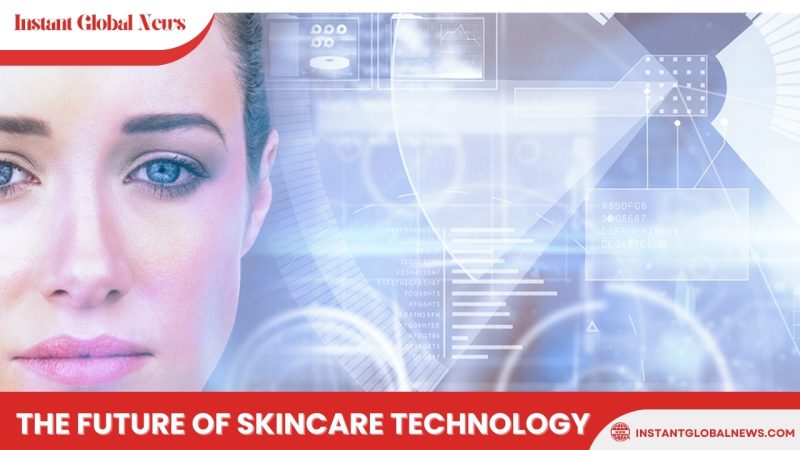At the Consumer Electronics Show (CES) each year, start-ups and well-established companies descend upon Las Vegas to showcase their latest and greatest innovations. Many of this year’s novel apps and devices incorporate artificial intelligence (AI) and augmented reality (AR) and just may shake up the already popular health and beauty home device category.
Beauty 3.0 by Perfect Corp
Perfect Corp unveiled Beauty 3.0, their new patent-pending AI and AR app that uses deep learning and neural networks to recognize shapes, colors, and skin pixels from images. Beauty 3.0 offers AI product recommendations, AI smart shade finder for instant foundation matching, and AI skin diagnostics to detect specific skin concerns and track progress over time. In addition, users can experience the latest in hyper-realistic virtual makeup trials, live ombré hair color makeovers, and on-demand beauty advisor video consults.
VOLO Go Cordless Dryer by VOLO Beauty
A CES 2019 Innovation Awards Honoree, VOLO Go Cordless Dryer uses quartz infrared light and heat that penetrates the cortex of the hair, drying it from the inside out. It is powered by the same lithium-ion battery cells found in electric cars and is energy efficient, which is important to many of our patients.

The Opté Skincare System by P&G Ventures
Opté scans the skin for uneven tone using a blue LED light, detecting hyperpigmentation down to the pixel level. Results are then analyzed by a microprocessor and proprietary algorithm after which Opté customizes the serum and delivers it precisely where it is needed, providing immediate coverage and long-term benefits. This is one of the first prototypes to emerge from P&G Ventures, which partners with startups, entrepreneurs and innovators to create new brands in product categories new to P&G.
Lumini by Lululab
Lululab’s AI skincare assistant LUMINI nabbed a 2019 CES Innovation Award. The device scans and analyzes the user’s skin condition in 10 seconds and recommends the most suitable cosmetic products. It quantifies skin condition based on six criteria, including wrinkles, pores, skin trouble, and melasma, and recommends the best solution.
Attain by InControl Medical
Many dermatologists are helping patients prevent or treat incontinence. InControl Medical debuted Attain at CES. Pending FDA approval, Attain could be the first over-the-counter, non-implantable muscle stimulator with biofeedback to treat stress, urge, mixed urinary, and fecal incontinence in men and women, the company states. Attain provides muscle stimulation, visual biofeedback, guided exercise program, and a customizable probe to eliminate urinary incontinence and fecal incontinence.
My Skin Track pH, My Skin Track UV by L’Oréal
L’Oréal joined forces with La Roche-Posay and Epicore Biosystems to create their latest wearable skin sensor, which tracks skin pH in real-time. My Skin Track pH uses emerging microfluidics technology to analyze trace amounts of sweat in under 15 minutes. The sensor provides a precise reading of personal pH levels, which is inputted into a companion app for insights on individual skin health.
(In 2019, L’Oréal is investing in research with Northwestern University to explore the direct link between pH and other skin conditions like acne.)
The new launch comes on the heels of the company’s #My Skin Track UV. This is the first battery-free wearable UV sensor. With its companion app, it measures UV, pollution, pollen, and humidity.

More than Buzz
AI and AR are helping to personalize our patients’ experiences with skin care products as well as better manage (and maybe even diagnose) skin conditions. These are more than just buzz words. They are truly transformative. As doctors we must learn more about this technology and guide our patients toward appropriate use both now and in the future.

